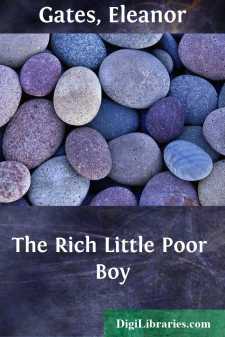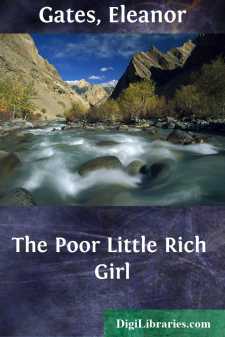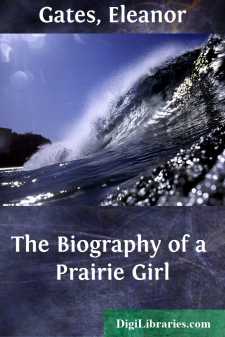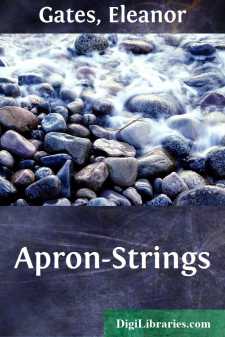Categories
- Antiques & Collectibles 13
- Architecture 36
- Art 48
- Bibles 22
- Biography & Autobiography 813
- Body, Mind & Spirit 141
- Business & Economics 28
- Children's Books 12
- Children's Fiction 9
- Computers 4
- Cooking 94
- Crafts & Hobbies 4
- Drama 346
- Education 46
- Family & Relationships 57
- Fiction 11826
- Games 19
- Gardening 17
- Health & Fitness 34
- History 1377
- House & Home 1
- Humor 147
- Juvenile Fiction 1873
- Juvenile Nonfiction 202
- Language Arts & Disciplines 88
- Law 16
- Literary Collections 686
- Literary Criticism 179
- Mathematics 13
- Medical 41
- Music 40
- Nature 179
- Non-Classifiable 1768
- Performing Arts 7
- Periodicals 1453
- Philosophy 64
- Photography 2
- Poetry 896
- Political Science 203
- Psychology 42
- Reference 154
- Religion 513
- Science 126
- Self-Help 83
- Social Science 81
- Sports & Recreation 34
- Study Aids 3
- Technology & Engineering 59
- Transportation 23
- Travel 463
- True Crime 29
Eleanor Gates
Eleanor Gates was an American playwright and novelist, best known for her play "The Poor Little Rich Girl" (1912), which was later adapted into a successful silent film starring Mary Pickford. Born on September 26, 1875, in Minnesota, Gates had a diverse career that included teaching and journalism before she turned to writing. Her work often focused on themes of childhood and social class, reflecting her sharp observations of society. Gates passed away on March 7, 1951, but her contributions to American theater and literature have left a lasting impact.
Author's Books:
Sort by:
by:
Eleanor Gates
CHAPTER I THE WICKED GIANT HE was ten. But his clothes were forty. And it was this difference in the matter of age, and, consequently, in the matter of size, that explained why, at first sight, he did not show how thin-bodied he was, but seemed, instead, to be rather a stout little boy. For his faded, old shirt, with its wide sleeves lopped off just above his elbows, and his patched trousers, shortened...
more...
by:
Eleanor Gates
Halfway up the shining surface of the gilt-framed pier glass was a mark—a tiny ink-line that had been carefully drawn across the outer edge of the wide bevel. As Gwendolyn stared at the line, the reflection of her small face in the mirror grew suddenly all white, as if some rude hand had reached out and brushed away the pink from cheeks and lips. Arms rigid at her sides, and open palms pressed hard...
more...
by:
Eleanor Gates
IN THE FURROW The coulée was a long, scarlet gash in the brown level of the Dakota prairie, for the sumach, dyed by the frosts of the early autumn, covered its sides like a cloth whose upper folds were thrown far over the brinks of the winding ravine and, southward, half-way to the new cottonwood shack of the Lancasters. Near it, a dark band against the flaming shrub, stretched the plowed strip,...
more...
by:
Eleanor Gates
THE COMING OF THE STORKIT was always a puzzle to the little girl how the stork that brought her ever reached the lonely Dakota farm-house on a December afternoon without her being frozen; and it was another mystery, just as deep, how the strange bird, which her mother said was no larger than a blue crane, was able, on leaving, to carry her father away with him to some family, a long, long distance off,...
more...
by:
Eleanor Gates
APRON-STRINGS CHAPTER I "I tell you, there's something funny about it, Steve,—having the wedding out on that scrap of lawn." It was the florist who was speaking. He was a little man, with a brown beard that lent him a professional air. He gave a jerk of the head toward the high bay-window of the Rectory drawing-room, set down his basket of smilax on the well-cared-for Brussels that,...
more...






